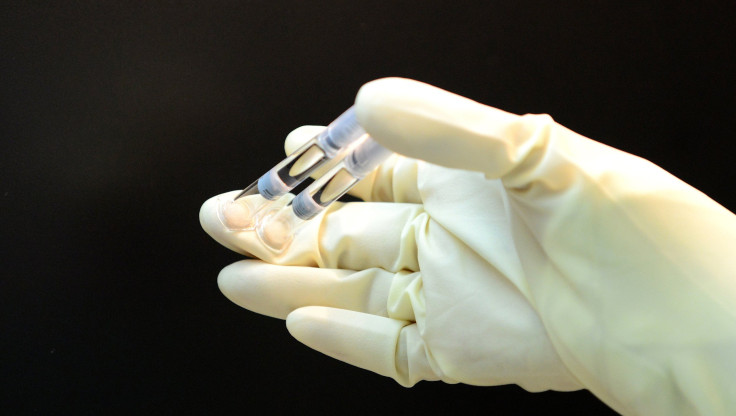FDA Approves First-Ever Biosimilar Zarxio For US Use, In Medical Milestone

The Food and Drug Administration has approved Zarxio, the first biosimilar product for use in the United States, the agency announced Friday. Biosimilars are medical products that are nearly identical to biological products, or medical products derived from living organisms that can have a variety of uses. Common biologics, as biological products can be called, include vaccines, blood and blood products, and human tissues like bone or tendon used in transplants.
"The FDA approval of Zarxio marks a significant milestone for the United States health care system," Carol Lynch, global head of biopharmaceuticals and oncology injectables at Sandoz, which makes Zarxio, said in a company statement.
The difference between biological products and biosimilars is that the latter are approved after they've been shown to be extremely similar to a biological product that has already been approved. It has to be as safe and as effective as the biologic it follows and must work the same way, but it is allowed to have minimal differences in components that are clinically inactive.
Zarxio is similar to the biological product Neupogen, which was first approved in 1991. Both are used to treat neutropenia, a lack of white blood cells that can be caused by cancer, other conditions or certain medical procedures and treatments.
Dr. Louis Weiner, director of the Lombardi Comprehensive Cancer Center at Georgetown University, said that Zarxio and biosimilars in general could help reduce health care costs. Filgrastim, the active component in Zarxio, was valuable clinically but has been underused in part because of its price, he said in the statement released by Sandoz.
The FDA's approval is the first for a biosimilar product in the United States. The Europe Union approved its first biosimilar in April 2006, and in the past decade, more countries and international organizations have begun to issue guidelines on biosimilars. A 2012 report by the firm McKinsey & Company noted that commercial success from biosimilars had been disappointing in spite of high investments in research and development in the field. It nevertheless said that the market was growing; by 2020, the biosimilars market could be worth anywhere from $2 billion to $20 billion.
There are already signs that pharmaceutical companies are taking a greater interest in biosimilars. In early February, the biopharmaceutical giant Pfizer bought Hospira, a company that makes biosimilars, among other products. Buying Hospira would help strengthen Pfizer's aim of building "a broad portfolio of biosimilars," the company said in a statement announcing the purchase.
© Copyright IBTimes 2024. All rights reserved.






















